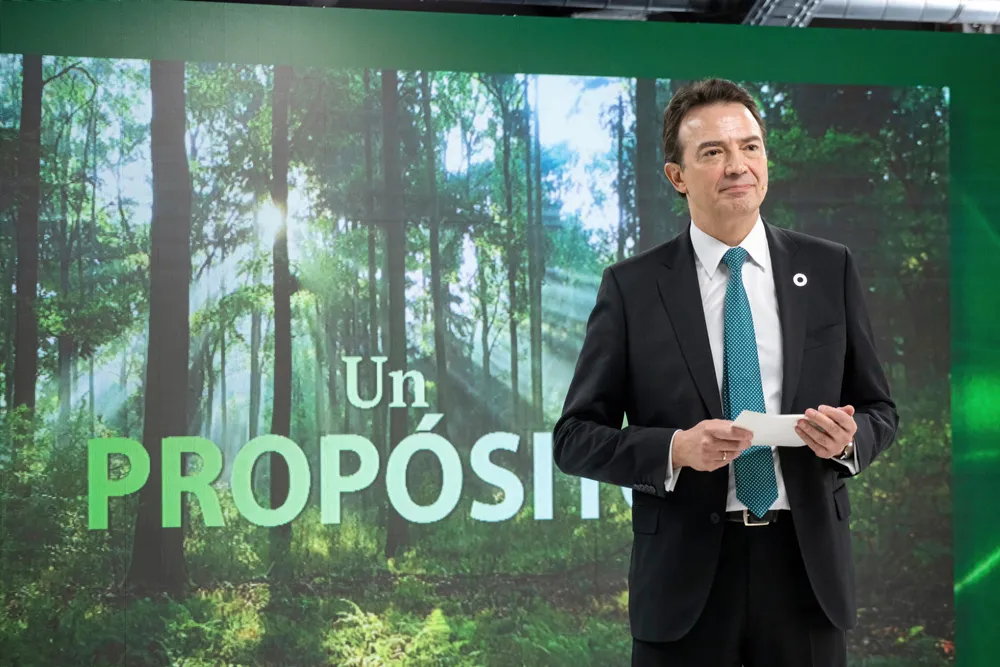German energy security agenda wins support from Spain
Spanish gas system operator Enagas takes stake in LNG project Berlin deems crucial for security of energy supplies

The German company behind the Stade LNG project has teamed up with Spain’s gas grid operator to jointly develop and operate the onshore liquefied natural gas facility, which is due online in 2027.
Stade LNG developer Hanseatic Energy Hub will work with Enagas as its preferential industrial partner for the operation of the facility, the companies have announced.
Enagas has taken a 10% stake in the project, which is majority owned by the founding shareholder Hamburg-based Buss Group, and Dow. Minority shareholder Fluxys will exit its position.
A final investment decision for Stade LNG is expected later this year.
Stade is one of six regasification facilities that Germany has authorised following Russia’s invasion of Ukraine early last year and the ensuing energy crisis. It will also be Germany’s first onshore LNG site, the country’s others being floating regasification units.
In April, a consortium of three companies led by Spannish engineering contractor Tecnicas Reunidas was awarded a contract to design and build the site. The total value of the contract is expected to amount to about €1 billion ($1.1 billion).
According to the project outline, the plant would have a regasification capacityof 13.3 billion cubic metres per annum and would be able to handle ammonia and biogases as well as LNG, with a view to repurposing the terminal in line with Germany’s energy transition objectives.
Hanseatic managing director Johann Killinger said Enagas’ experience in the handling of hydrogen, biogas and biomethane “contributes with comprehensive technical expertise” to the development of the project.
Julia Schlenz, president of Dow Germany, said: “We will be able to leverage great efficiency potentials, among other things with the use of industrial residual heat from the Dow site for the regasification of the LNG.”
Across Europe, more than 20 FSRU projects are lined up and in development over the next four years, potentially adding up to 80 million tonnes of LNG regasification capacity in the bloc, analysts told Upstream.
(Copyright)